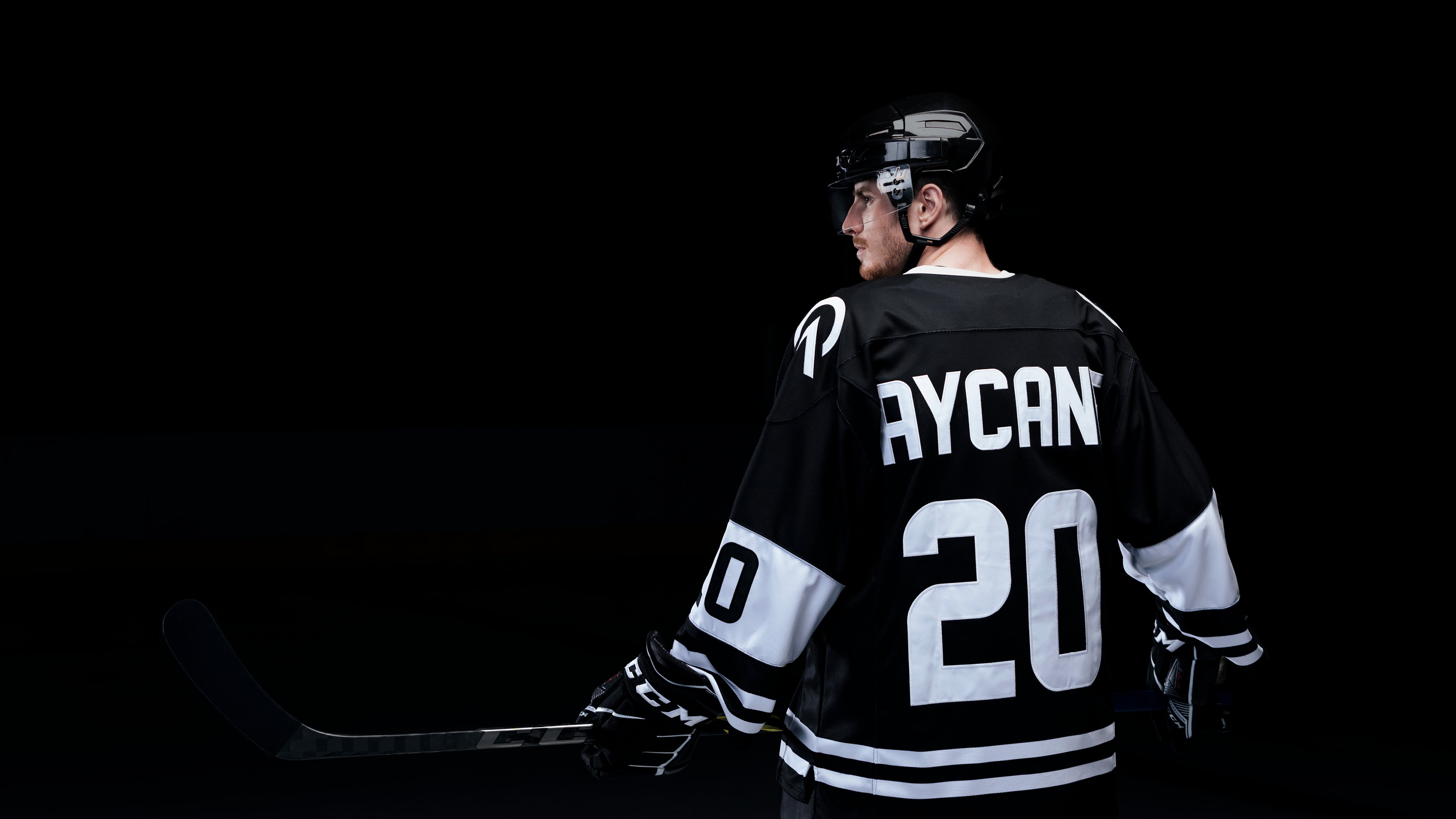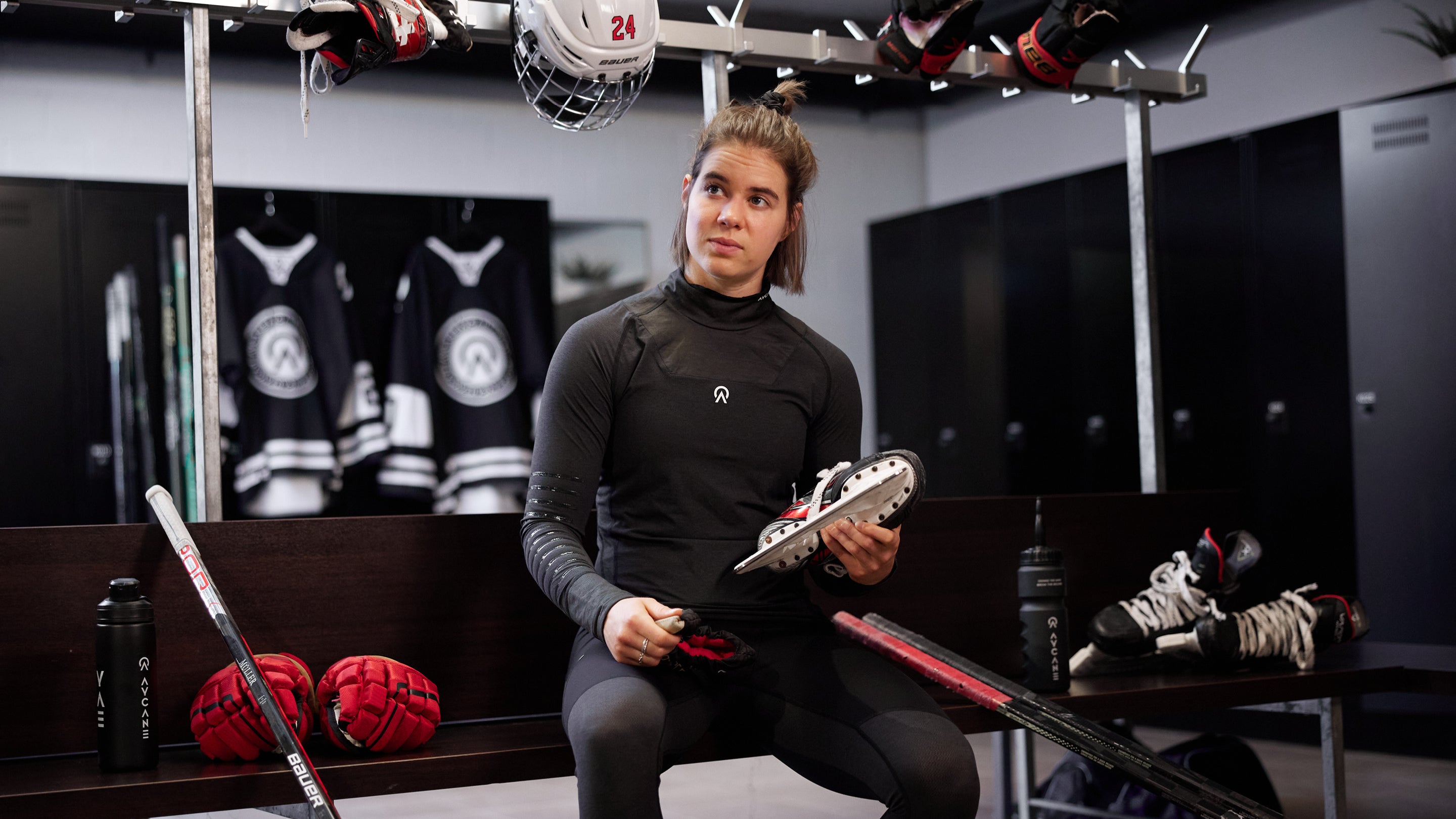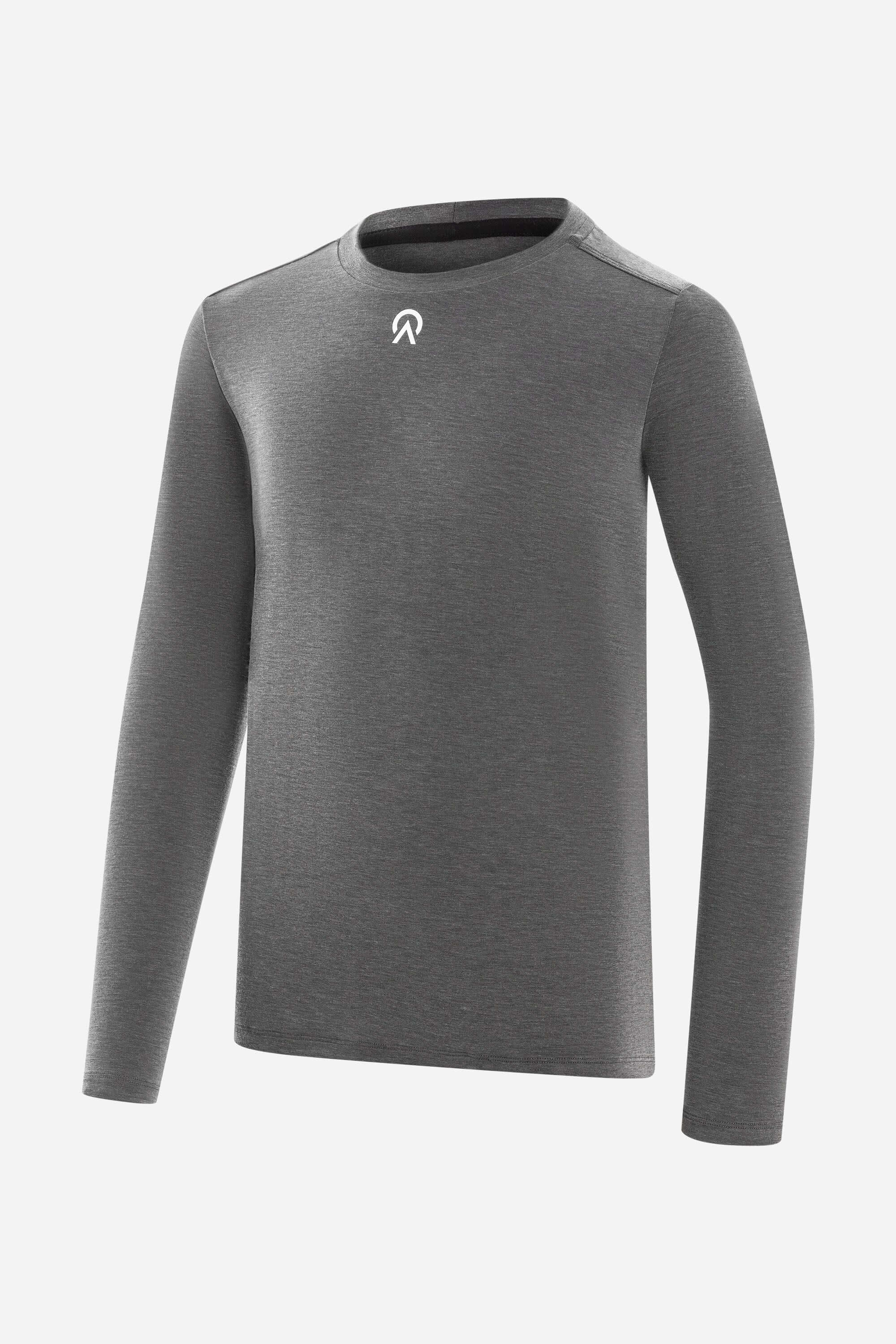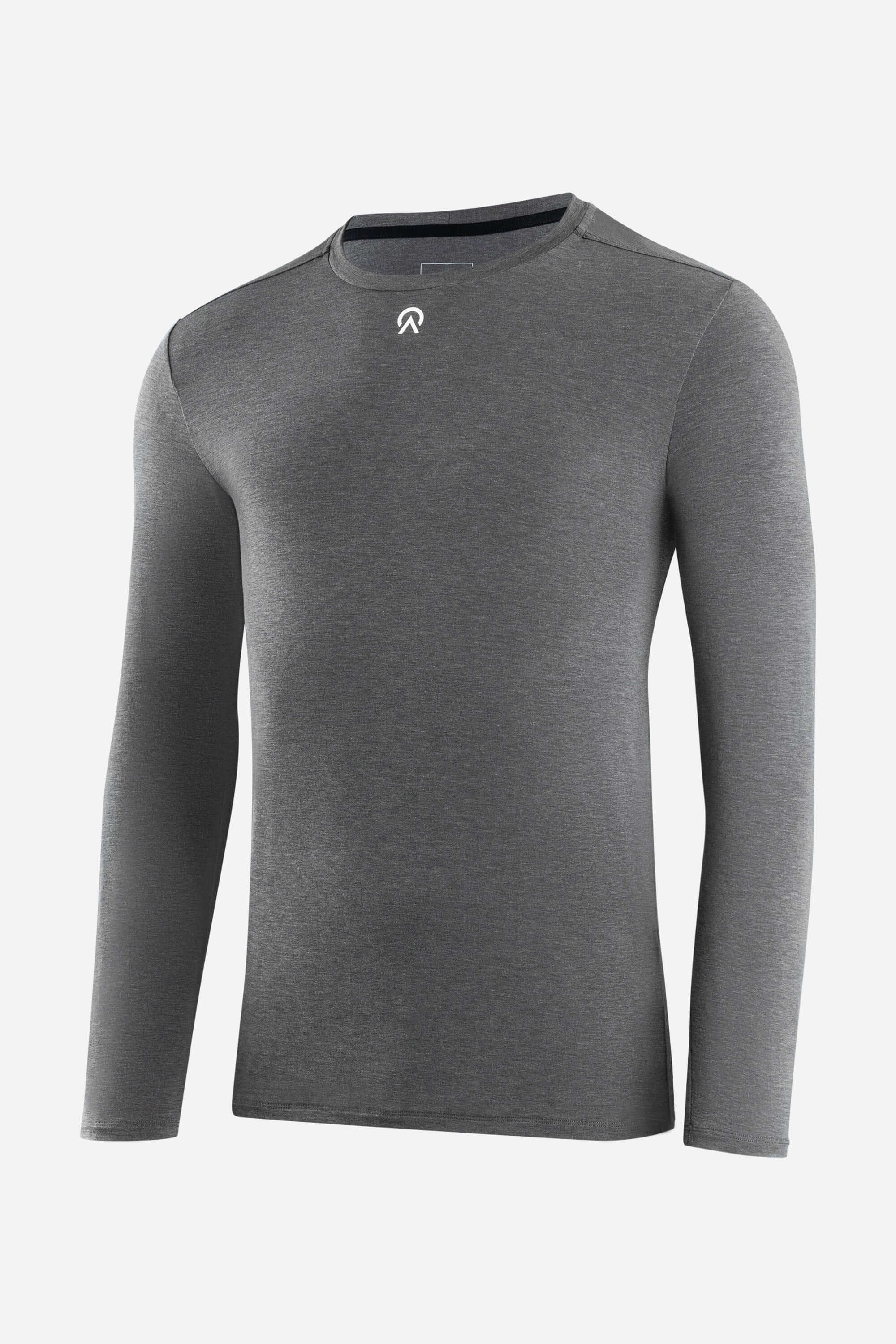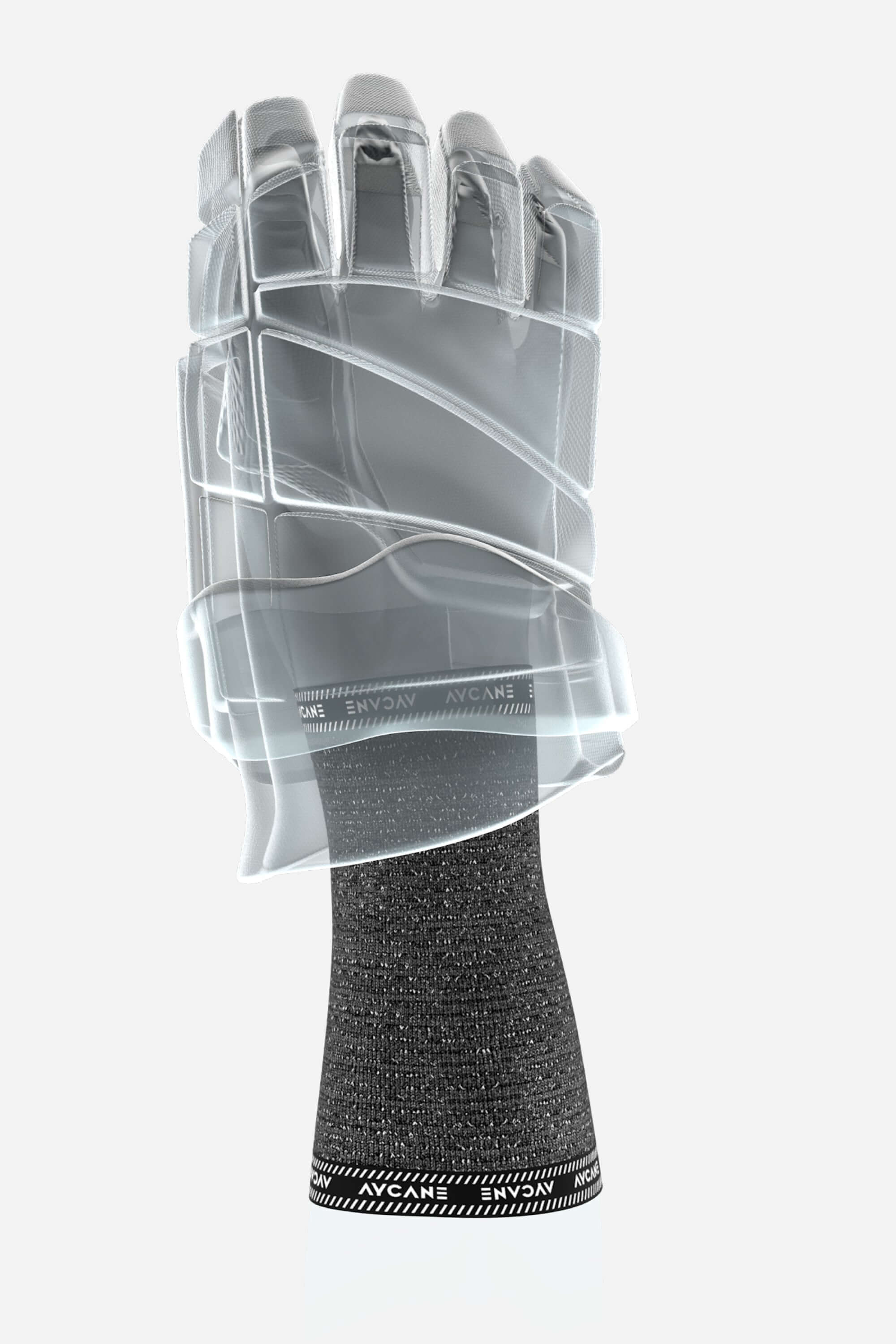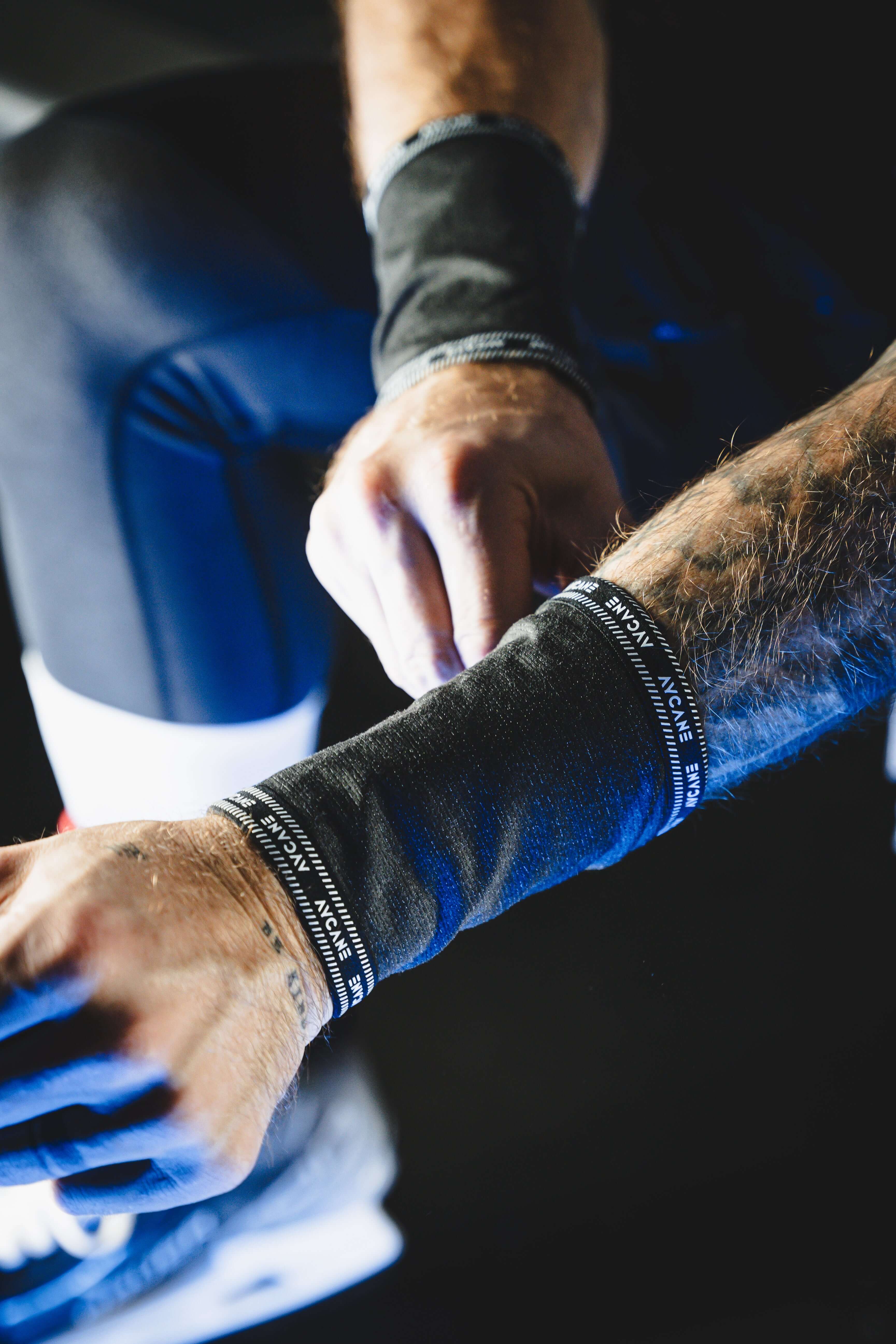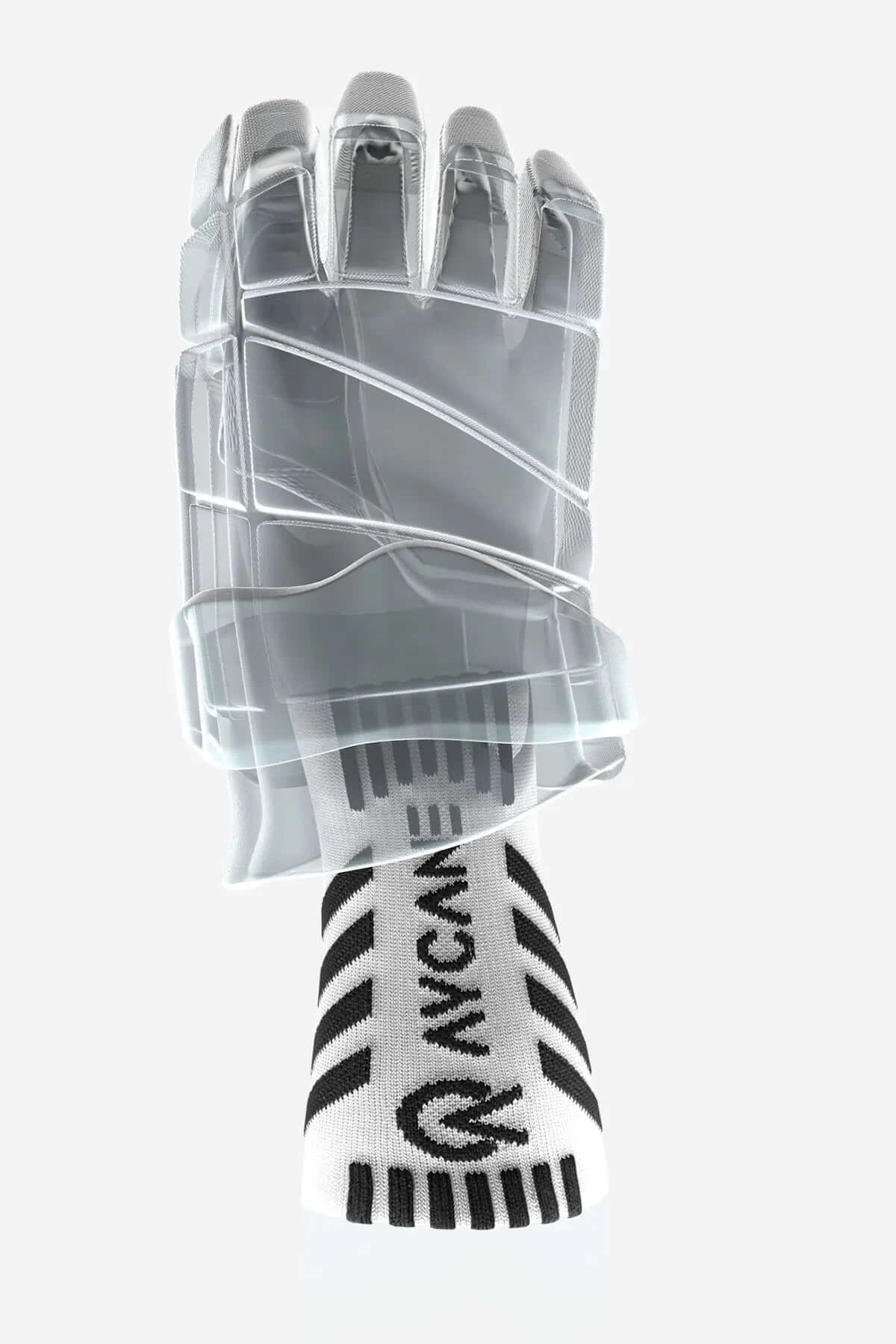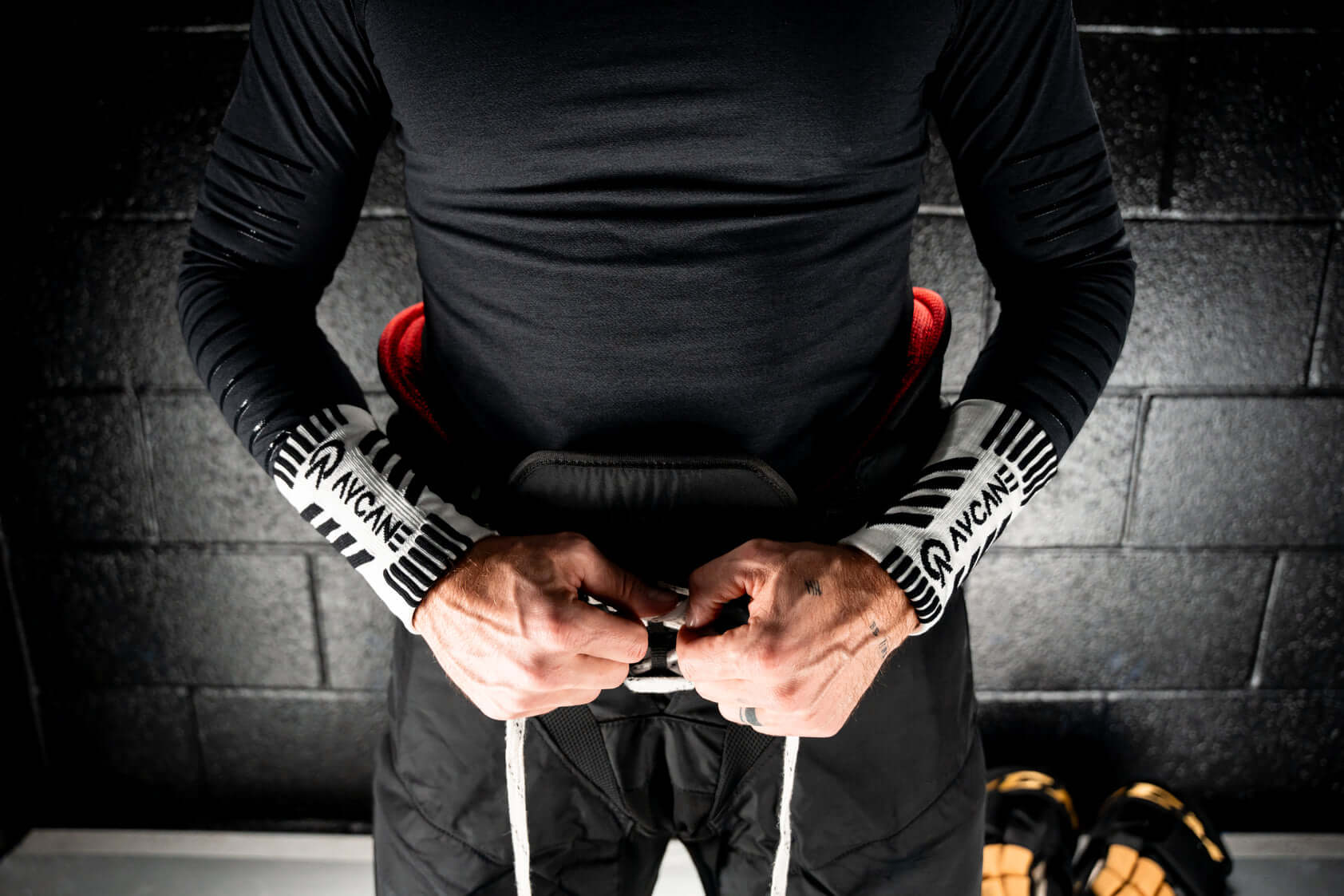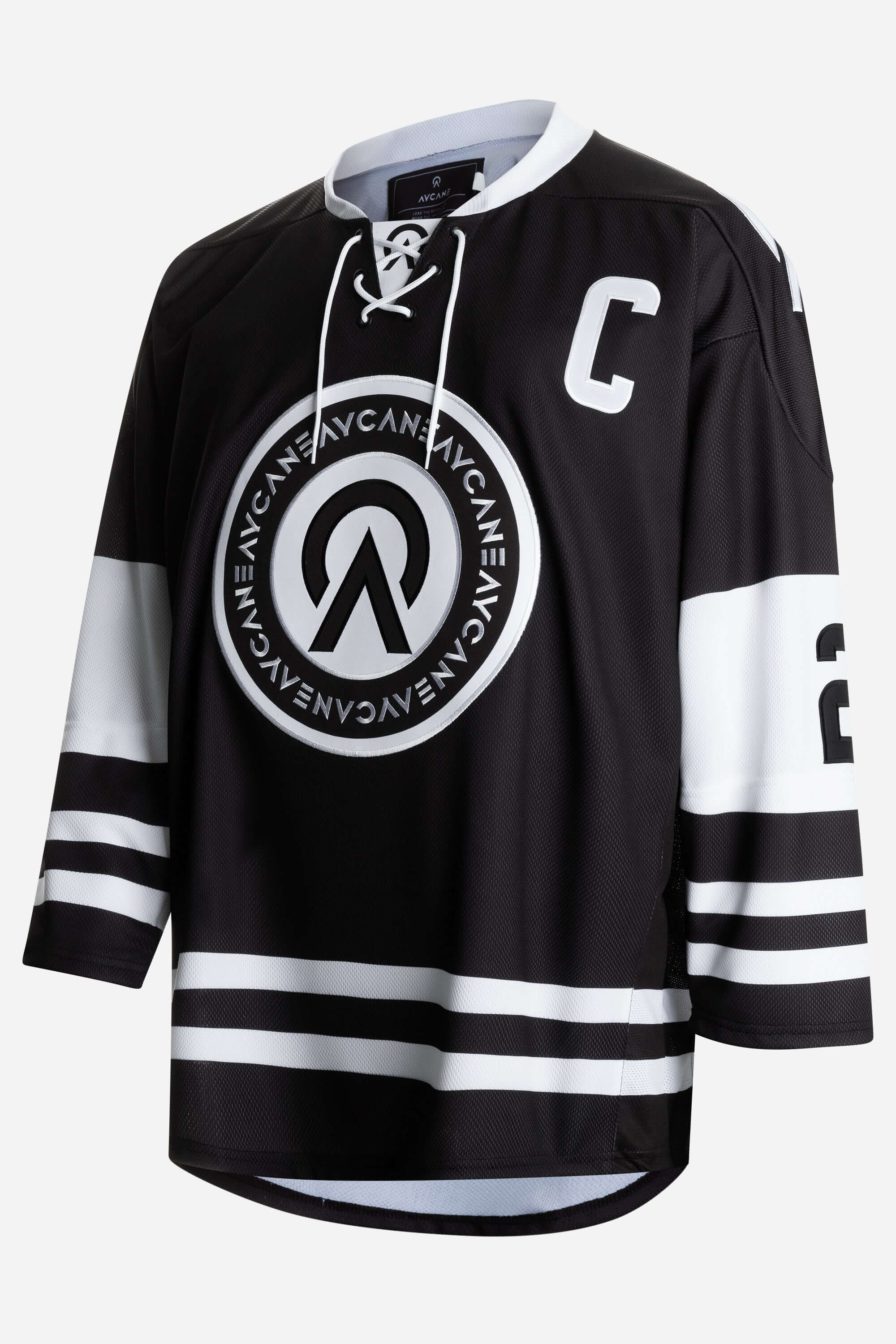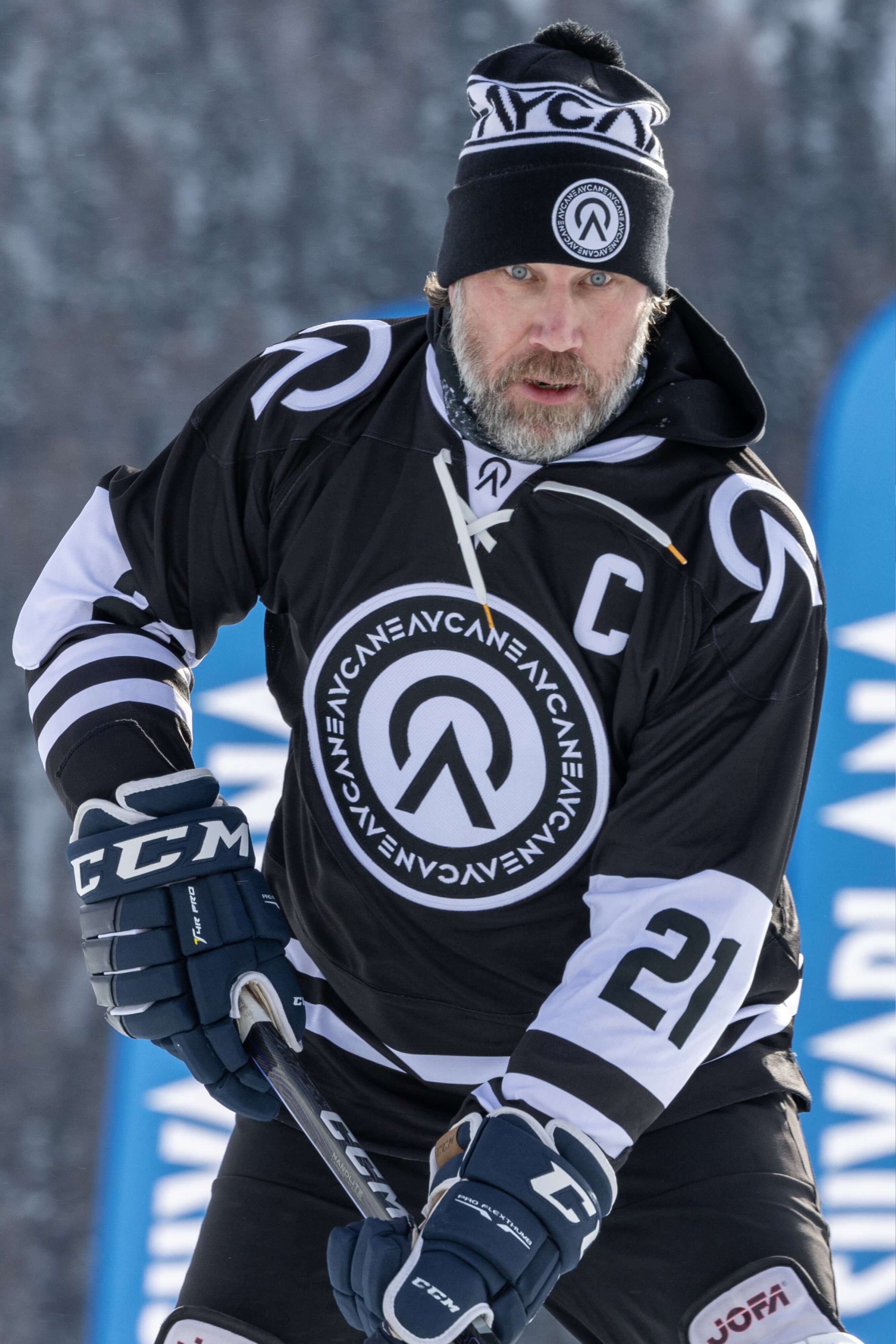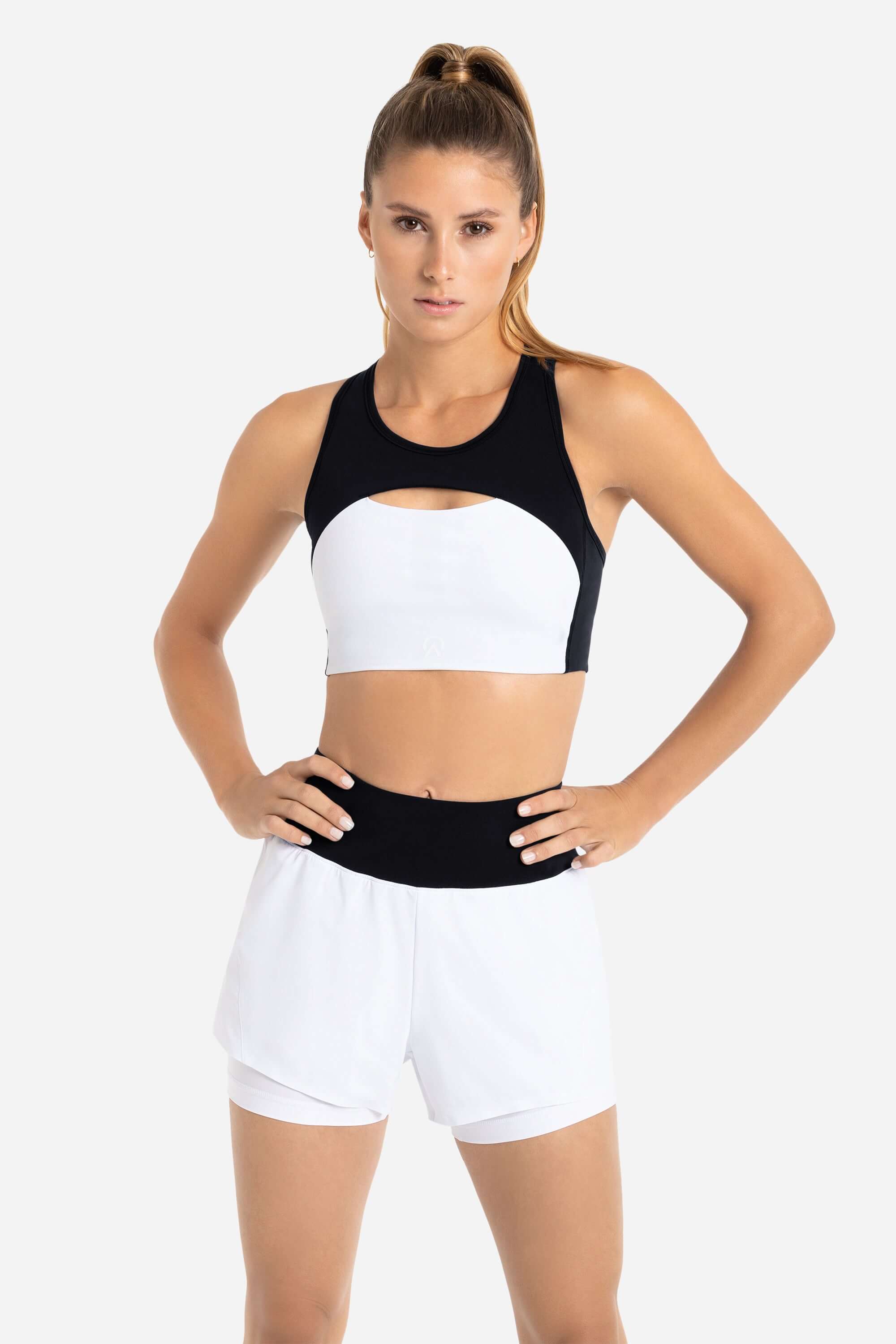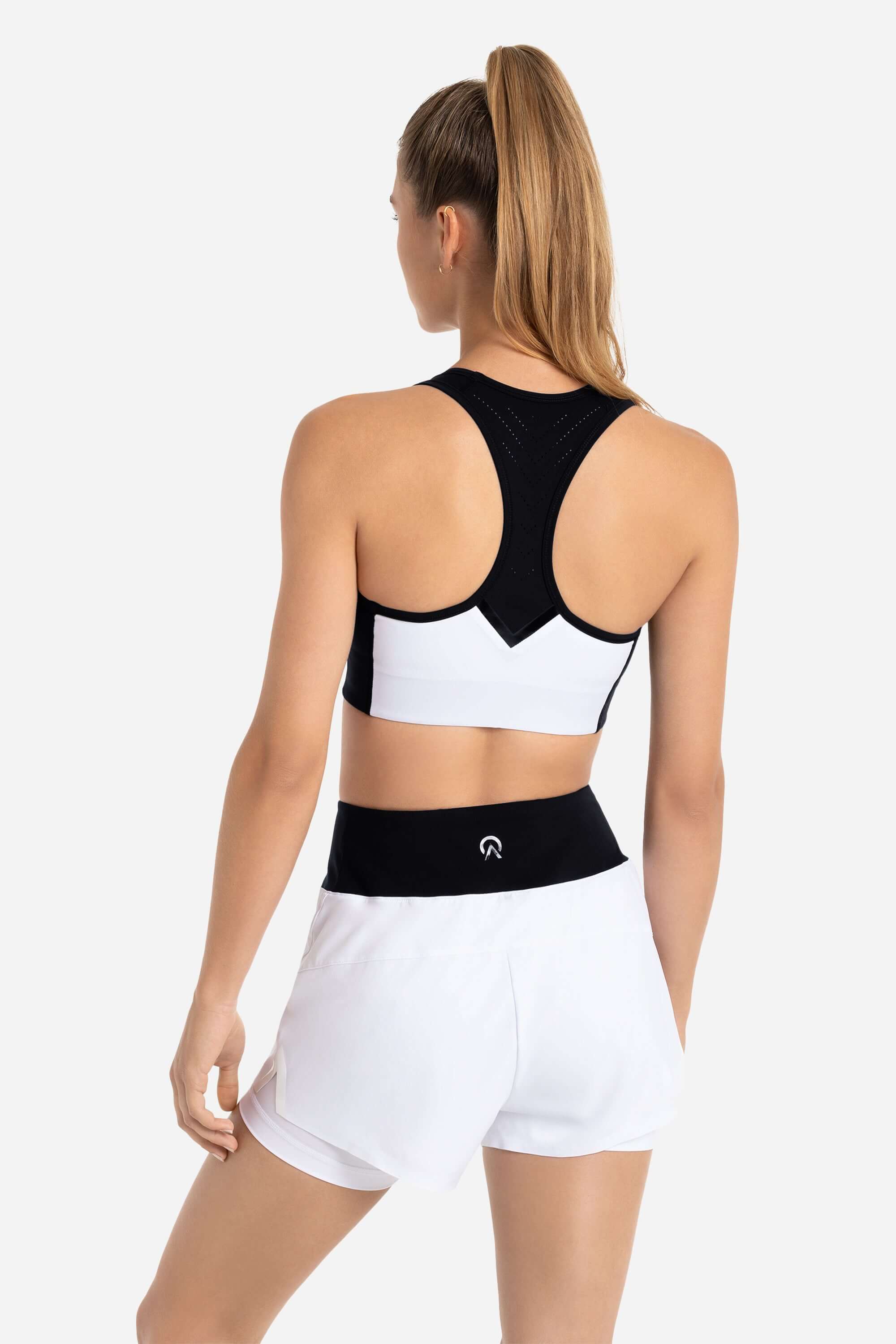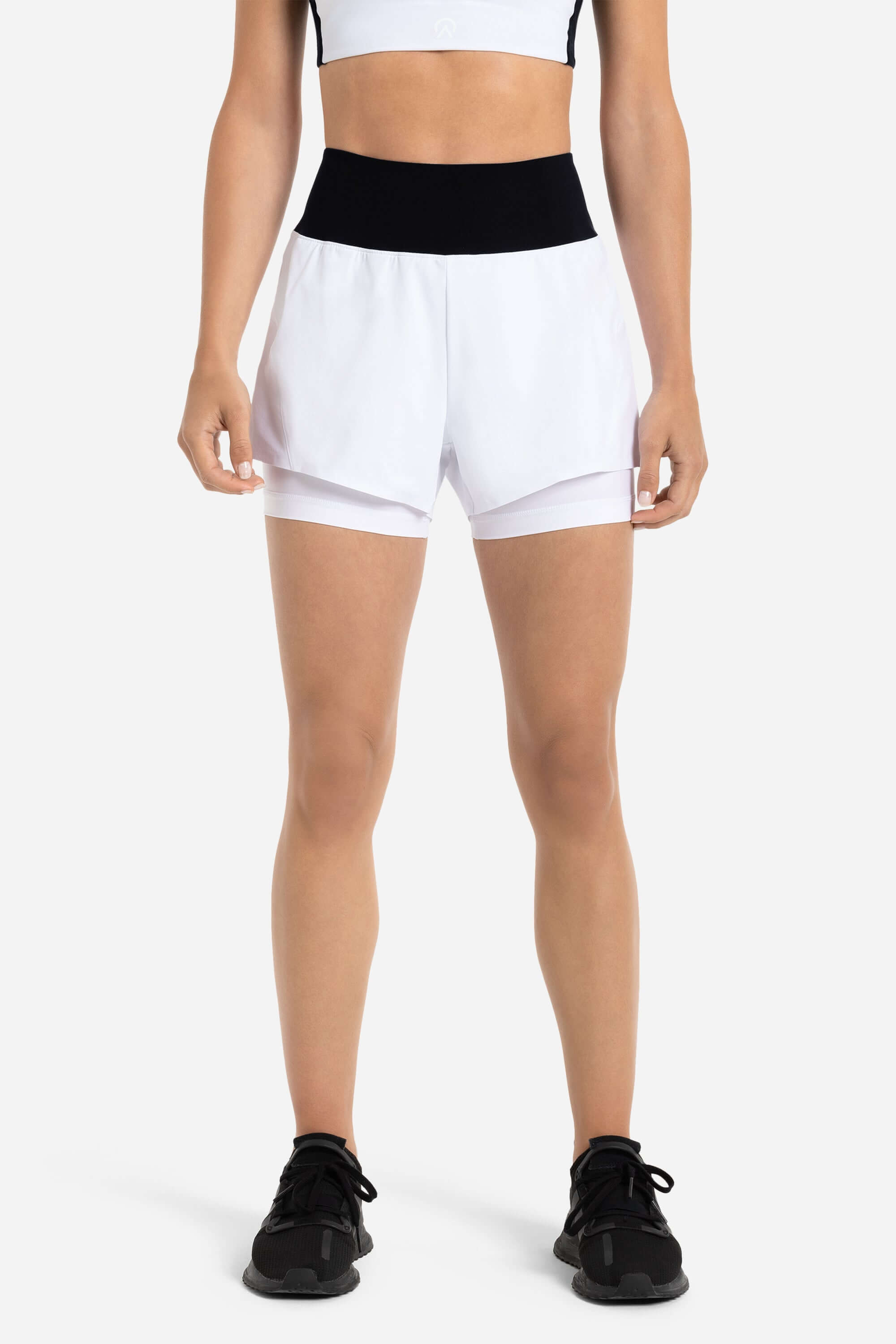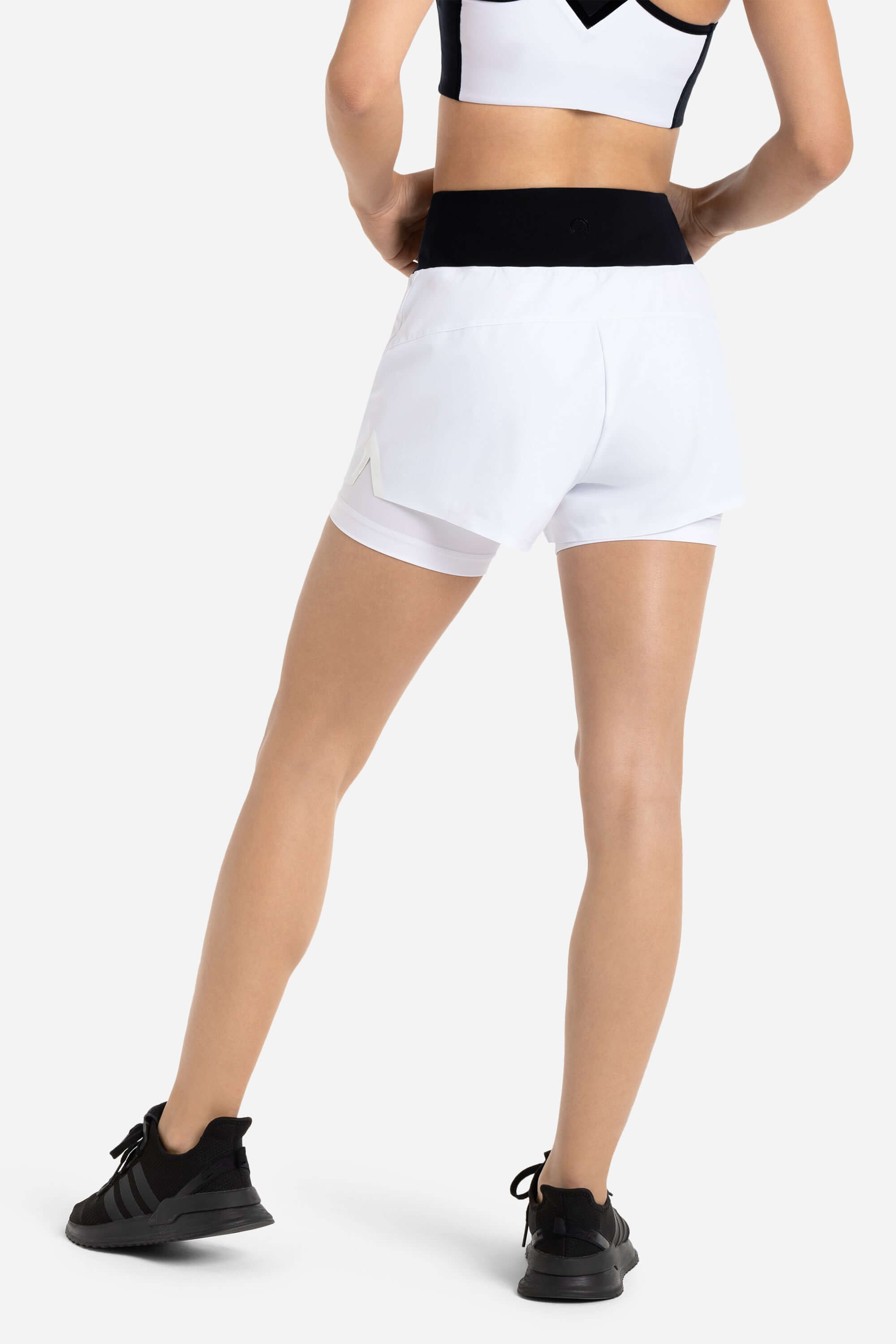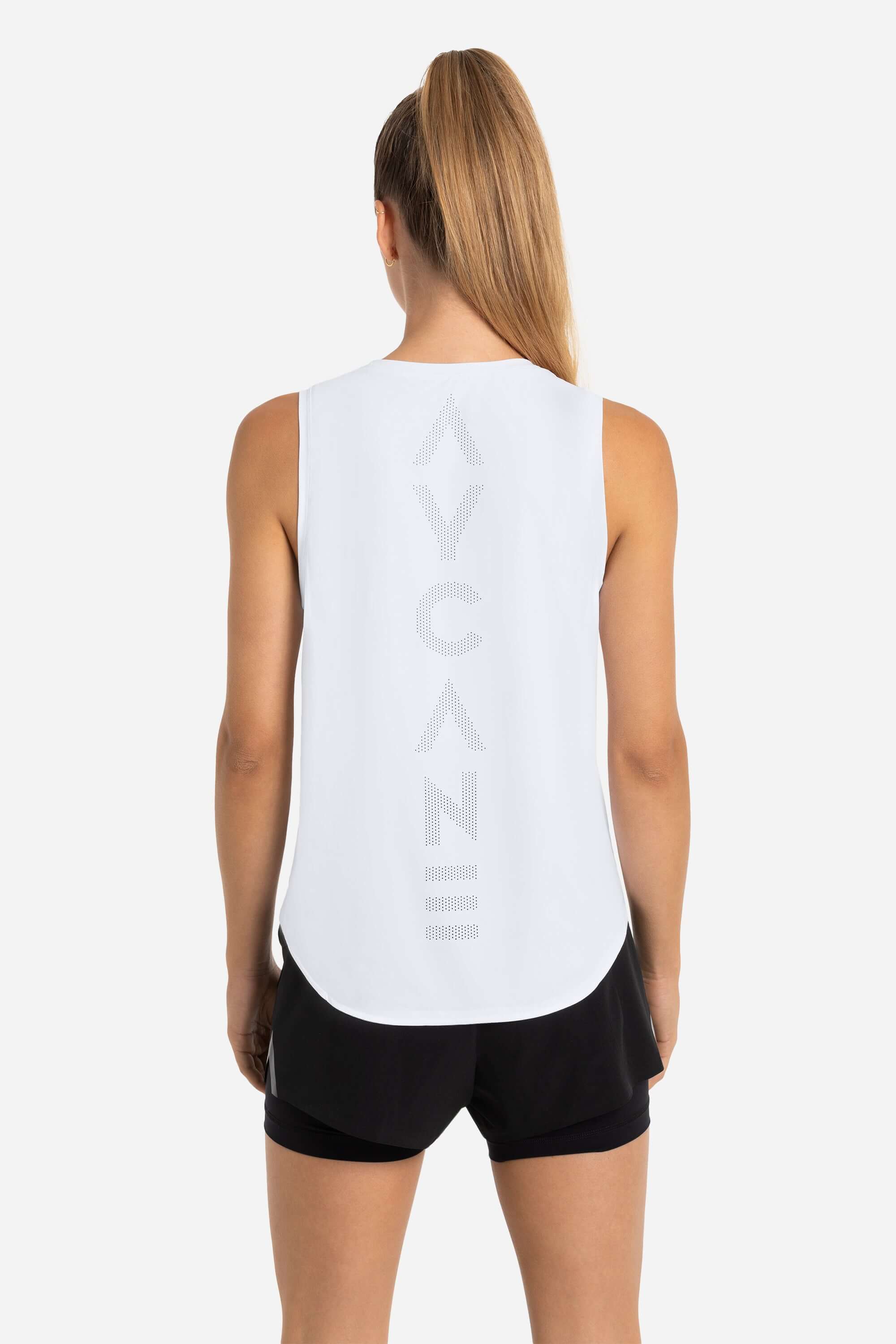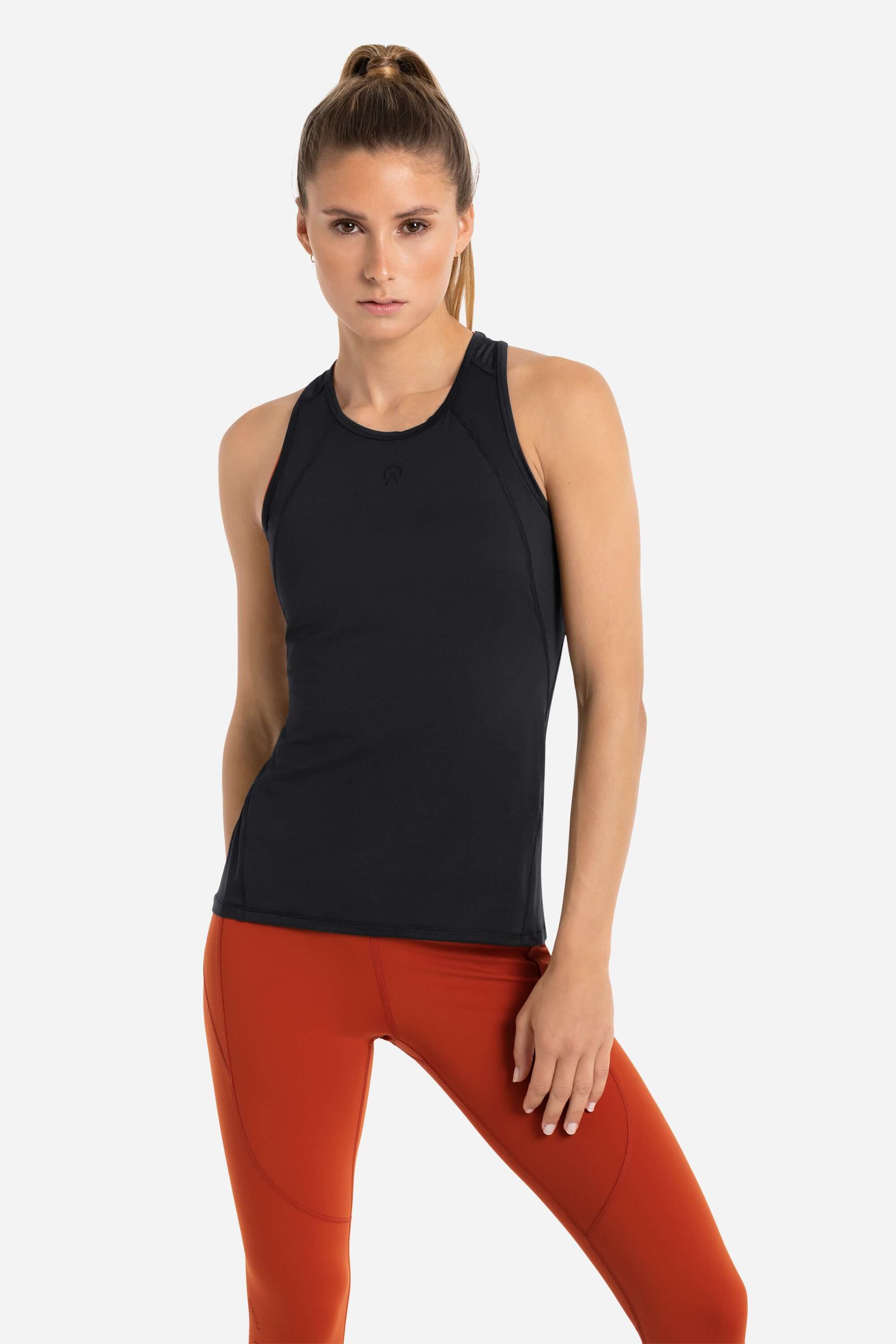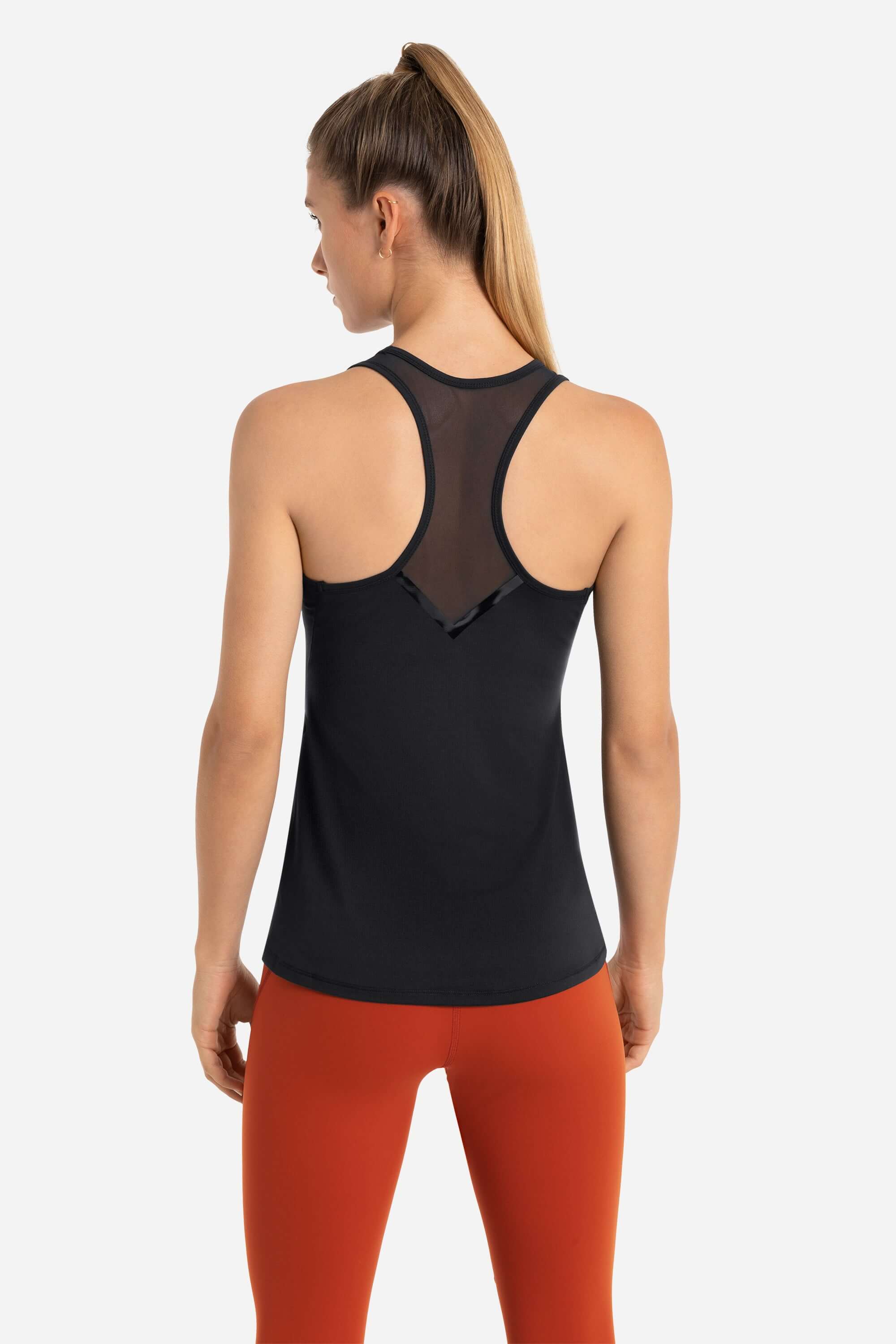Elite Athletes Need To Fuel Up: A Guide to Proper Nutrition for Hockey Players Throughout the Season
From the evolution of hockey equipment to the way players take care of our bodies, a lot has changed in the game of hockey over the years.

Gone are the post-game bus-ride benders and ripping heaters in the locker room. Now, players are taking care of their bodies more than ever. And no in-season training program is complete without proper nutrition.
Overview of Nutrition in Hockey
Hockey players are creatures of habit. We have pre-game rituals, time our pre-game meals and naps, and get dressed the same way before every game. This is a perfect trait to have when it comes to nutrition, as what you eat and when you eat are crucial to fueling up for a game or training session, and recovering in between.
It’s no secret that hockey is a high-intensity, physically demanding sport. With constant stops and starts, short, powerful bursts of speed, battles for the puck, quick decision-making, and taking shots, the game takes its toll on the body, with players leaking sweat and burning in excess of 1,000 calories per game.
This means you need to properly fuel your body before and after games to keep your game at peak performance. Food is energy, after all! And understanding how to properly fuel your body can make a significant difference in your performance.
Hockey players need a nutrient-rich diet to optimize performance in training, and games, and to promote recovery between sessions. The best hockey player's diet should be based around lean proteins for muscle repair and recovery, appropriately timed carbohydrates for fuel, and healthy fats plus vitamins and minerals to keep giving the body what it needs. Let’s dive in!
Hydration
It all begins and ends with staying hydrated. Proper hydration is the foundational building block for any nutrition program and for any athlete. Studies have shown that dehydration can negatively impact shooting accuracy, speed, agility, concentration, and coordination. It can also cause cramping and an increased risk of injury.
Due to the high-intensity, stop/start style of hockey, sweat rates can be extremely high. This means players need to stay adequately hydrated to maintain performance throughout a game.
To properly prepare, players should:
- Drink water regularly throughout the day, not just when you're thirsty.
- During practices and games, consider sports drinks that contain electrolytes to help replace lost fluids and minerals (but that are low in sugar).
- Avoid excessive caffeine and alcohol consumption, as they can contribute to dehydration.
The bottom line is that if you feel super thirsty during a game, you’re not doing it right. Hydrate consistently throughout your day, sip water during the game, and supplement your hydration with sports drinks to replace lost fluids and electrolytes.
Fueling the Body for Performance
A hockey player's diet should be centered around macronutrients that provide the energy needed for practices, games, and recovery. These macronutrients include:
- Carbohydrates: Despite what every diet fad will tell you — carbs aren’t the enemy! They are the body's primary source of energy. Hockey players need a sufficient intake of complex carbohydrates from sources like whole grains, fruits, and vegetables. Simple carbohydrates (like cereal, candy, etc.) can provide quick energy, but they should be consumed in moderation.
- Protein: Protein is essential for muscle repair and growth. Hockey players should include lean sources of protein such as chicken, turkey, fish, lean beef, eggs, and plant-based options like beans and tofu.
- Fats: Healthy fats are crucial for overall health and can be a source of long-lasting energy. Include sources like avocados, nuts, seeds, and olive oil in your diet.
Balance is everything when it comes to creating the perfect hockey player’s diet, that’s why the pros have team chefs and nutritionists to take the cooking and meal-planning off player’s hands. When you have to do it yourself, try to cook out big portions of healthy meals and measure out the appropriate portions to get you through a week.
Pre-Game Nutrition
What you eat before a game can significantly impact your performance. Aim for a pre-game meal that's balanced and easy to digest. It helps if it’s something you actually enjoy eating as well so find some recipes you like and stick with them! Some suitable options include:
- A combination of carbohydrates, lean protein, and healthy fats, such as a turkey and avocado sandwich on whole-grain bread.
- A small portion of fruit or a granola bar for quick energy.
- Avoid heavy, greasy, or high-sugar meals before a game, as they can lead to sluggishness.
Post-Game and Recovery Nutrition
Yes, what you eat after a game or training session matters just as much as what you eat beforehand. It’s easy ot think that you just had a hard workout and it doesn’t matter, but this is false. Proper recovery nutrition is vital to help your body repair and rebuild after intense exercise. After a game or practice, focus on:
- Rehydrating with water or a sports drink.
- Consuming a balanced meal within a couple of hours that includes carbohydrates, protein, and healthy fats. This can help replenish glycogen stores and support muscle recovery.
- Consider incorporating foods rich in antioxidants, such as berries and dark leafy greens, to reduce inflammation.
Meal Timing
Of course, your travel schedule will dictate when you can eat, but as much as you can help it, hockey players should aim for consistent meal timing to maintain energy levels during the season. This includes having regular meals and snacks throughout the day, with a special focus on pre-game and post-game nutrition.
Nutritionists will argue over the most ideal times to eat, but most would agree the best time for your big pre-game meal should be two-to-four hours before the game. Mix in a sports drink for added hydration and a pre-game snack around one to one-and-a-half hours before the game.
Rehydrate and eat another meal within two hours after the game to help kick-start your recovery process.
Supplements
While a well-balanced diet can provide most of the necessary nutrients, some hockey players may benefit from supplements like multivitamins, Omega-3 fatty acids, or protein powder. Consult with a sports nutritionist or healthcare professional to determine your specific needs and build out your program.
Conclusion
Proper nutrition is a game-changer for hockey players looking to perform at their best throughout the season. By focusing on the right balance of carbohydrates, protein, fats, and staying hydrated, you can boost your energy levels, support muscle recovery, and reduce your risk of injury. Remember, every player's nutritional needs may vary, so if you can, you should work with a sports nutritionist or dietitian to create a personalized plan that best suits your unique requirements.
With the right nutrition added to your training regimen, you'll be well-prepared to skate through the season with strength, endurance, and confidence.

